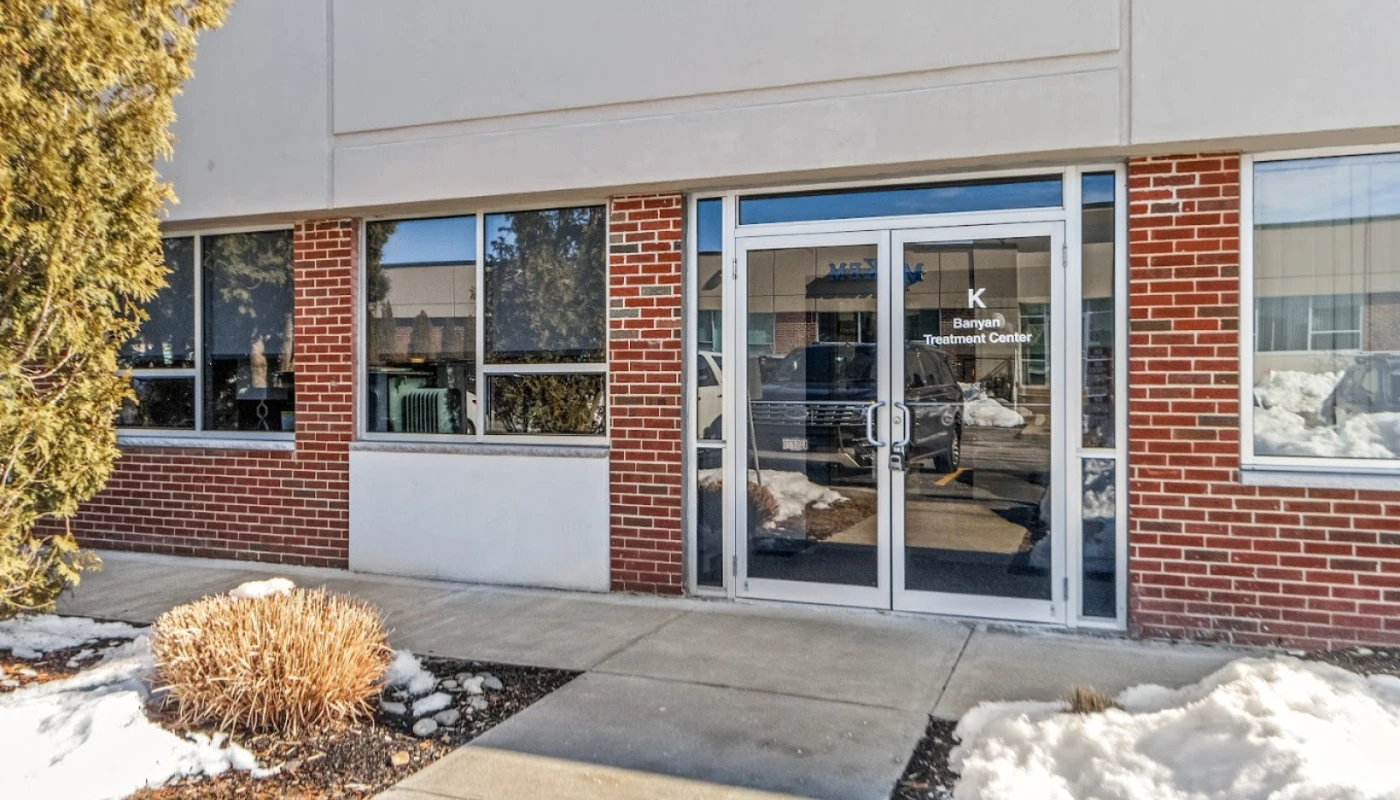Subscribe to our newsletter
Subscribe now to get fresh insights, special offers, and the latest updates before anyone else.
ABOUT US
© Certified Rahabs

Banyan Treatment Center Massachusetts, located in Wilmington, offers comprehensive outpatient addiction treatment programs, including day treatment and intensive outpatient programs (IOP). Clients receive personalized care and treatment planning, including involvement in the specialized tracks that Banyan Massachusetts offers. Their specialized programs cater to various demographics, including blue-collar workers, older adults, veterans, and Christian clients who want to incorporate faith into their treatment.
Banyan Massachusetts provides handcrafted treatment plans tailored to each individual’s needs. These personalized plans are developed through comprehensive assessments conducted by medical and clinical professionals. They strive to address the specific physical, psychological, and social aspects of each client’s addiction and recovery journey. Clients in the state of Massachusetts must undergo detoxification before attending treatment for drug and alcohol addiction, and the team at Banyan Massachusetts can help refer them to a detox center before beginning treatment.
By combining evidence-based therapies like Cognitive Behavioral Therapy (CBT), Dialectical Behavioral Therapy (DBT), and Motivational Interviewing (MI) with holistic approaches such as art therapy and mindfulness practices. This individualized approach promotes long-term recovery and overall well-being.
The specialized treatment tracks that Banyan Massachusetts offers can help meet the needs of different client populations, including veterans, blue-collar workers, the LGBTQ+ community, and older adults. These programs provide tailored therapies to address specific challenges like trauma, stress, and identity issues. The center also offers a Faith Recovery program for those seeking spiritual support in their recovery.
Banyan Massachusetts offers a serene and supportive environment for addiction recovery. The facility features comfortable accommodations and a range of amenities designed to enhance the treatment experience. These include a well-equipped gym, recreational areas, and spaces for holistic therapies such as art therapy and yoga.
After completing the outpatient program, clients can access robust aftercare services, including alumni programs, relapse prevention strategies, and continuous support through therapy and support groups. This commitment to ongoing care helps individuals maintain their sobriety and successfully reintegrate into their daily lives.
Specializations
Treatment Services
Therapies
Substance We Treat
Approaches
Aftercare
At a Glance
Accreditation
Joint Commission
Founded in
2014
Substance Use We Treat
Alcohol, Opioids, Prescription Drugs...
Primary Focus
This center treats addiction treatment and related conditions....
Typical Program Length
30
Banyan Treatment Centers
How to Pay

Provider's Policy: We accept insurance plans from most providers, including Blue Cross Blue Shield of Alabama, United Healthcare, Humana, Aetna, Cigna, and Veterans Community Care programs. Consult with a professional today for a free insurance verification and learn which benefits are available through your plan.
Testimonials
No reviews yet. Be the first to share your experience.
Understanding your treatment options and seeking out that perfect treatment provider can be a time-consuming task, but your work is worthwhile. Types of programs may include one or a variety of the following:
Banyan Treatment Centers is located in Wilmington, ma. Their address is 66K Concord St..
Banyan Treatment Centers specializes in treating these addictions:
Banyan Treatment Centers accepts the following insurance providers:
Banyan Treatment Centers provides the following treatment services:
Banyan Treatment Centers offers different therapies, which include:
Yes, Banyan Treatment Centers provides aftercare through Support Meeting, Outpatient Treatment, Individual Treatment.
Banyan Treatment Centers offers specialized programs such as Rehab Programs For Military Members and Veterans, Faith-based Rehab Programs for specific needs or groups.
On The Other Hand, We Denounce With Righteous Indigna Ment.